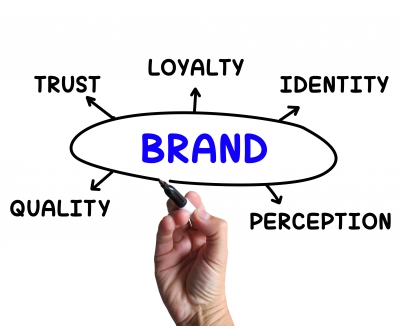When it comes to trademarks, it is not possible to maintain a trademark registration for a generic term. A term is considered to be generic when it is used to describe the product or service in general as opposed to identifying the products or services provided by a particular person or company. While not common, it is possible for a trademark to lose its status as a trademark. Examples of this include ZIPPERS, ESCALATORS and, believe it or not, HEROIN.

Trademark owners need to be particularly careful about how they present and use their trademarks in an effort to prevent their trademarks from becoming generic. XEROX, KLEENEX, PING PONG and BAND-AID have all been in danger of becoming generic at one point in time or another. Each of these brands have taken steps to prevent the loss of their trademark rights. If you have ever paid attention to a BAND-AID commercial, you would notice that the slogan is “I am stuck on BAND-AID brandcus BAND-AID’s stuck on me”. Did you know that the slogan used to be “I am stuck on BAND-AID cus BAND-AID’s stuck on me”? This change was made in an attempt to prevent the BAND-AID trademark from becoming generic. Do you think it has helped? Do you ask for an adhesive bandage when you are bleeding? BAND-AID hopes so.
Trademarks may become generic in one country without becoming generic in another. ASPIRIN, THERMOS and YO-YO have all become generic in the US but are still considered to be trademarks in Canada.
To help prevent a trademark from becoming generic, companies should avoid using their trademarks as nouns and should include the generic name of the goods with the trademark (for example Kleenex brand facial tissue). The use of appropriate marking may also be beneficial in notifying the public of the use as a trademark.

